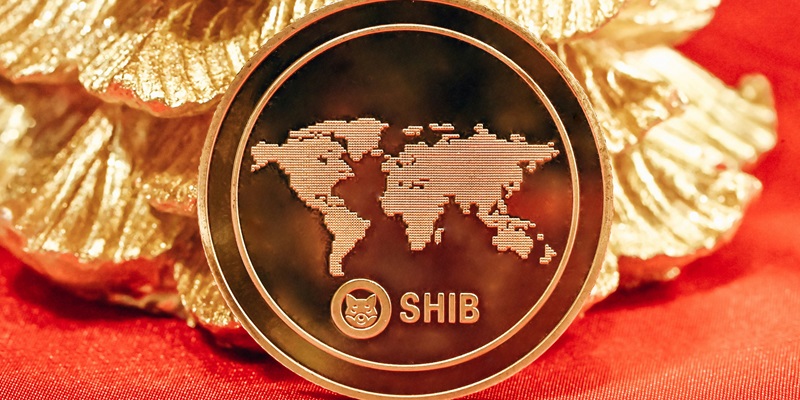The Shiba Inu memecoin (SHIB) is stepping up its game in the cryptocurrency world by planning to introduce a Decentralized Autonomous Organization (DAO), aimed at empowering its token holders in the decision-making processes regarding the project’s future course. This significant announcement, made by Lucie, the pseudonymous head of marketing, on August 25, demonstrates a strategic effort to position SHIB as a major player in decentralized governance. The DAO will be structured with two main councils: the “Charity Council,” responsible for overseeing community-driven charitable initiatives, and the “Culture & Heritage Council,” focused on preserving the unique culture of the Shiba Inu community. The decision signifies a move towards more community-centered governance, delivering the responsibility of critical decisions into the hands of token holders.
The Role of BONE and LEASH in Governance
In addition to SHIB, other tokens within the ecosystem, namely BONE and LEASH, will play crucial roles in governance. BONE will be integral in driving education and innovation within the ecosystem, while LEASH will focus on ensuring inclusivity and transparency. Despite these strategic developments, the price of SHIB has remained relatively stable. As of the latest data, SHIB is trading at approximately $0.00001514, reflecting a 14% gain over the past week. However, this price is still significantly lower than its all-time high of $0.00008616, recorded in October 2021. Past vulnerabilities also cast a shadow on the project, such as the exploit on the Indian crypto exchange WazirX on July 18, which impacted SHIB significantly, with the token accounting for a notable portion of the $235 million stolen.
The launch of the DAO aims to diversify and expand the utility of the SHIB ecosystem, following previous initiatives like the migration of the decentralized exchange ShibaSwap to the Shibarium blockchain in March. The overarching goal appears to be a gradual transition towards a more community-driven form of governance, aligning with a broader trend in the cryptocurrency market towards decentralized governance models. This approach seeks to leverage the collective wisdom and input of community members to guide the direction and policies of the project.
Moving Towards Decentralized Governance
The introduction of a DAO represents a strategic shift aimed at enhancing community engagement and decentralized governance within the SHIB ecosystem. While the market has not reacted robustly to this development, the initiative symbolizes a critical step in the project’s ongoing evolution. The move toward a DAO model reflects the team’s aim for increased utility, transparency, and inclusivity among its user base. Such an initiative underscores the Shiba Inu team’s commitment to staying relevant and valuable in the unpredictable and volatile cryptosphere.
Furthermore, by implementing a DAO, SHIB aims to provide its community with a more significant voice in shaping the project’s future direction. This decentralization effort aligns with the broader movement in the crypto space towards more inclusive and transparent governance models. In essence, the DAO structure could potentially democratize the decision-making processes, giving token holders a say in crucial aspects of project development, resource allocation, and strategic initiatives. Whether or not this will translate into a substantial price movement or a shift in market sentiment remains to be seen; nonetheless, it marks an essential evolution in how the Shiba Inu project operates.
Future Implications and Strategic Vision
The introduction of a DAO represents a strategic pivot designed to enhance community engagement and decentralized governance within the SHIB ecosystem. While the market’s reaction has been lukewarm, the initiative signifies a vital step in the project’s ongoing evolution. Adopting a DAO model showcases the team’s objectives of promoting utility, transparency, and inclusivity among its users. This move highlights the Shiba Inu team’s dedication to maintaining relevance and value in the volatile cryptosphere.
Additionally, implementing a DAO aims to provide the community with a more substantial voice in shaping the project’s future. This effort toward decentralization mirrors a growing trend within the crypto space for more transparent and inclusive governance models. Essentially, the DAO structure could democratize decision-making processes, granting token holders a say in critical aspects of project development, resource distribution, and strategic initiatives. Whether this change will result in significant price increases or a shift in market sentiment remains to be seen. Nonetheless, it marks a pivotal evolution in the operation of the Shiba Inu project.

